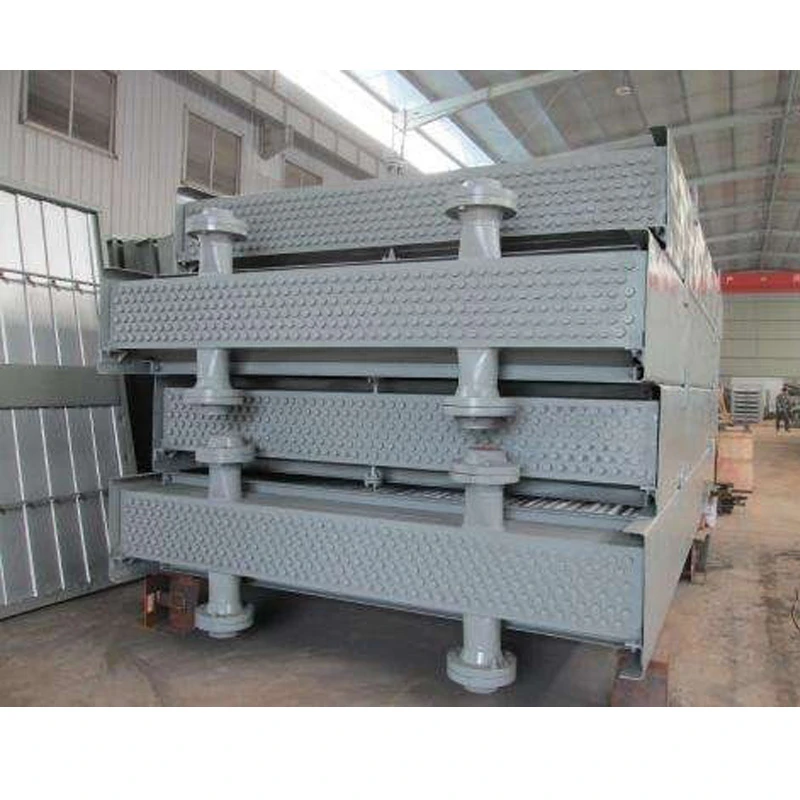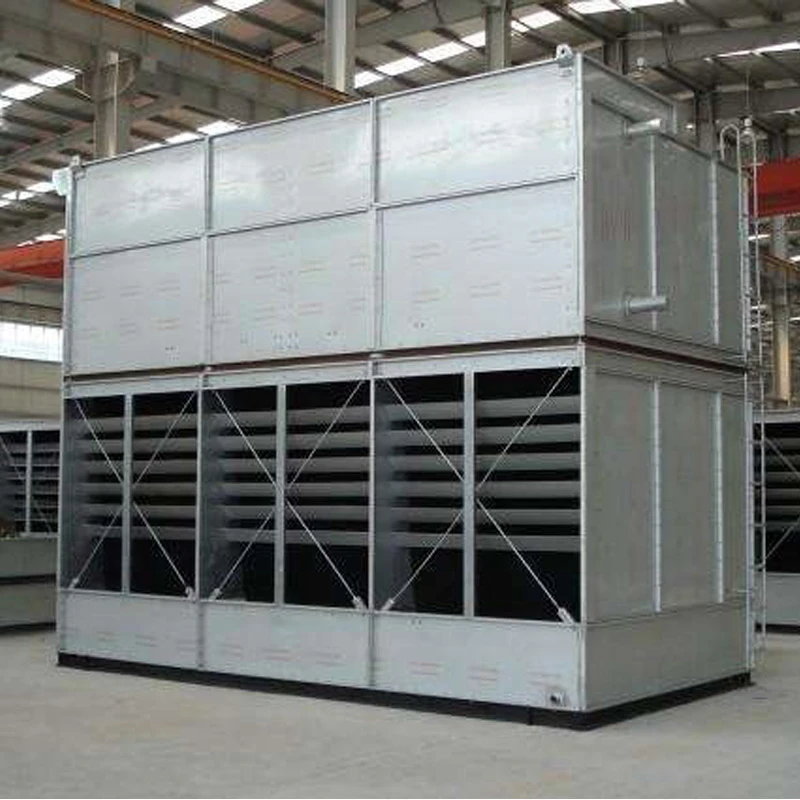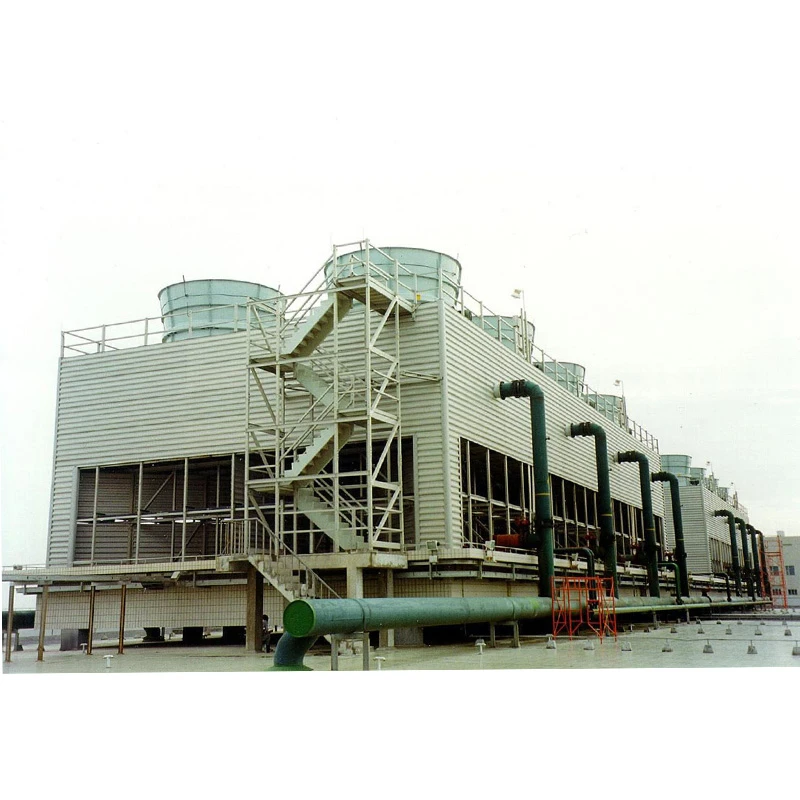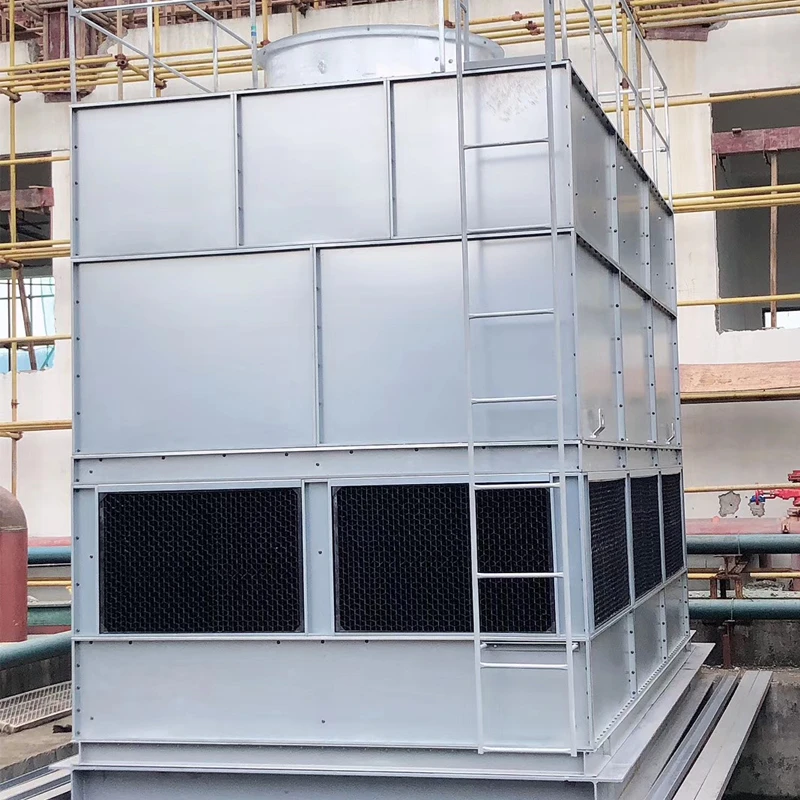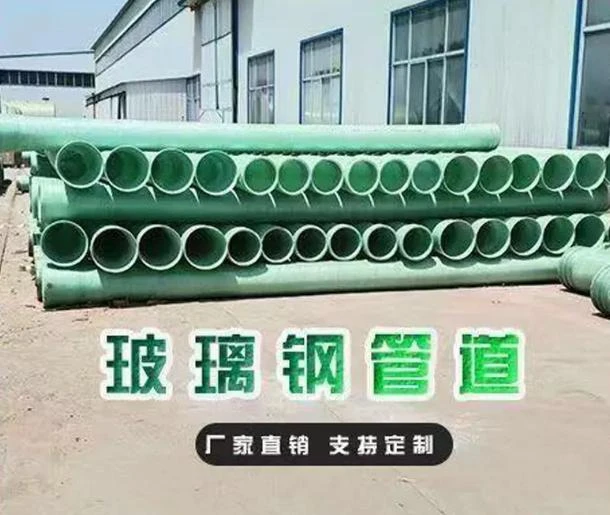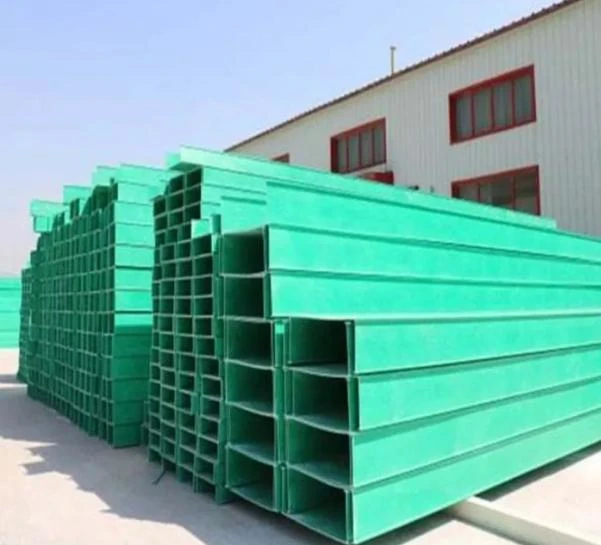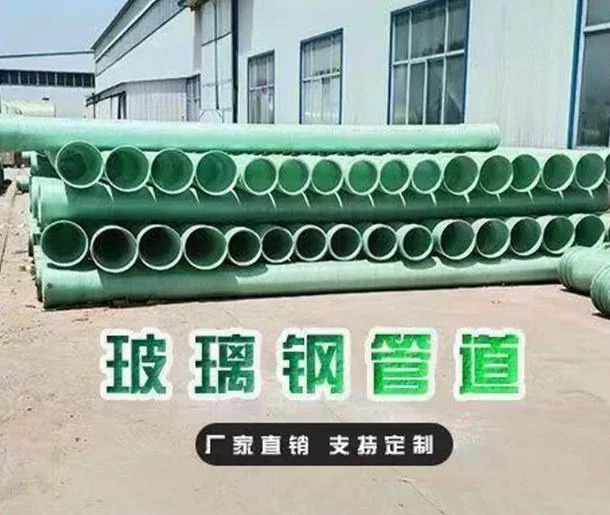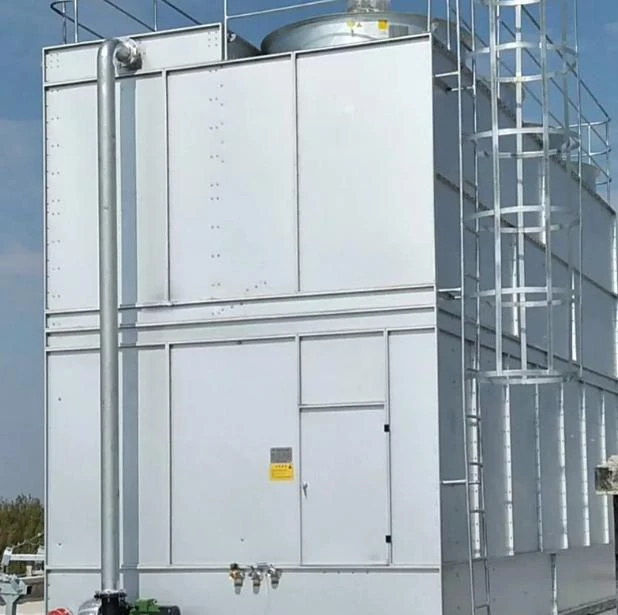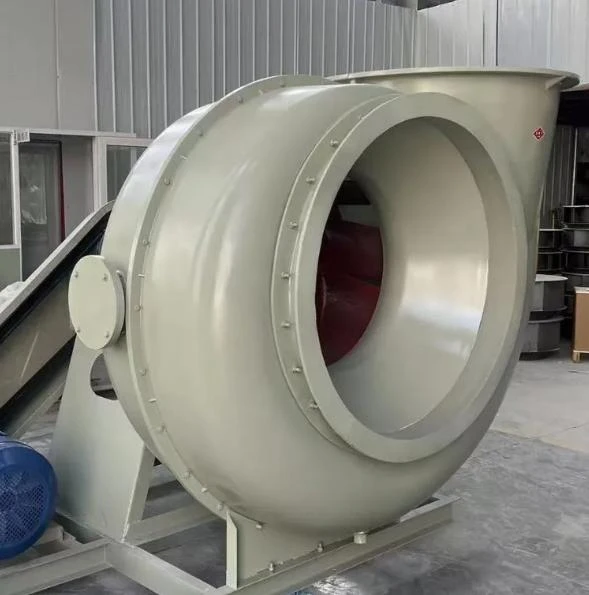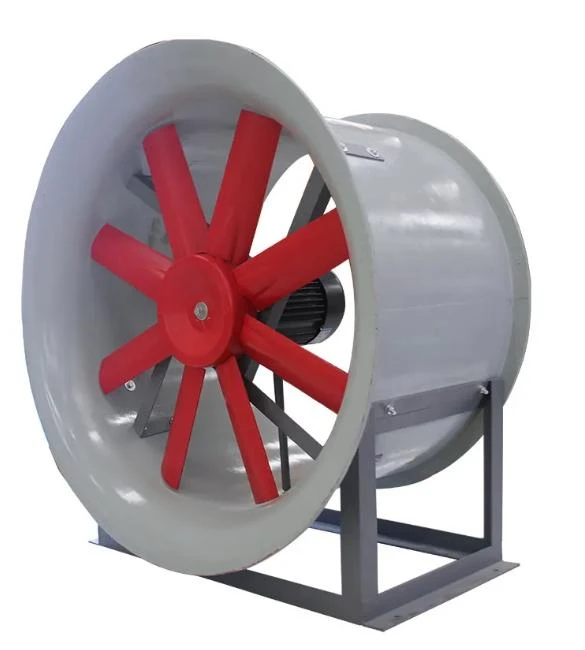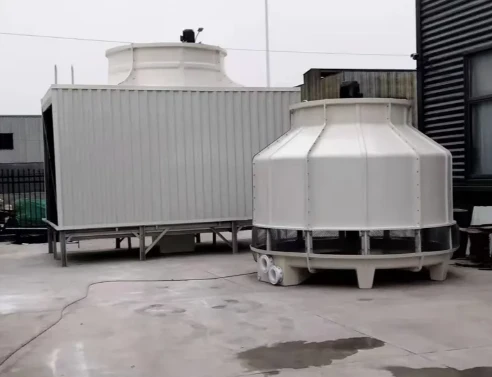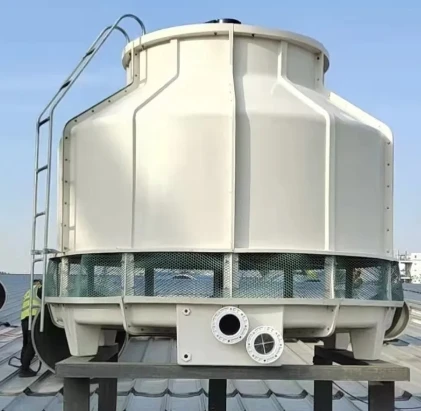

We Are Open 24 Hours a Day, 7 Days a Week, Including Weekends and Public Holidays.
Polyaspartic Acid (PASP) - Enhancing Agricultural Fertilizer Efficiency | Green Solutions for Sustainable Farming

Polyaspartic Acid (PASP) is a revolutionary green chemistry solution designed to optimize fertilizer efficiency and promote sustainable agricultural practices. As a high-performance polymer, PASP enhances nutrient absorption, reduces environmental impact, and delivers measurable cost savings for farmers and agribusinesses. Whether you're managing large-scale crop production or small-scale farming operations, PASP provides a scientifically proven method to improve soil health, increase crop yields, and minimize resource waste. Discover how PASP can transform your agricultural practices with its advanced formulation and eco-friendly properties. Learn more about PASP.
Product Overview: What is Polyaspartic Acid (PASP)?
Polyaspartic Acid (PASP) is a biodegradable, water-soluble polymer derived from the amino acid aspartic acid. Its unique molecular structure allows it to bind with essential nutrients such as nitrogen, phosphorus, and potassium, preventing them from leaching into the soil or waterways. By improving the retention and availability of these nutrients, PASP ensures that crops receive a steady and efficient supply of essential elements throughout their growth cycle. This not only enhances crop productivity but also reduces the need for excessive fertilizer application, which is a significant contributor to environmental pollution and soil degradation.
Unlike traditional fertilizers, which often result in nutrient runoff and groundwater contamination, PASP acts as a natural chelating agent. It forms stable complexes with metal ions in the soil, making nutrients more accessible to plant roots while minimizing the risk of toxic buildup. This dual functionality makes PASP an ideal choice for farmers seeking to balance agricultural productivity with environmental stewardship. Explore PASP's chemical properties.
Market Demand and Industry Challenges
Modern agriculture faces unprecedented challenges, including the need to feed a growing global population while preserving natural resources. Traditional fertilizer practices often lead to inefficiencies, with up to 50% of applied nutrients being lost through runoff or volatilization. This not only increases production costs but also exacerbates environmental issues such as eutrophication and greenhouse gas emissions. According to the Food and Agriculture Organization (FAO), unsustainable fertilizer use is responsible for 30% of global nitrogen pollution, highlighting the urgent need for innovative solutions.
Polyaspartic Acid (PASP) addresses these challenges by improving fertilizer efficiency by 20-40%, as demonstrated in independent field trials. By extending the release of nutrients and reducing leaching, PASP ensures that every drop of fertilizer contributes to crop growth rather than environmental harm. This makes it a critical tool for farmers aiming to meet the dual goals of maximizing yields and minimizing ecological impact. View case studies on PASP's performance.
Company Background:河北协同化学 - Pioneers in Green Chemistry
Established in 2005, 河北协同化学 (Hebei Xietong Chemical) has become a leading innovator in the development of eco-friendly agricultural solutions. With over 15 years of expertise in green chemistry, the company specializes in creating advanced products that align with global sustainability goals. As a certified ISO 14001 and ISO 9001 compliant manufacturer, Hebei Xietong Chemical ensures that every product meets the highest standards of quality, safety, and environmental responsibility.
The company's commitment to research and development has led to the creation of PASP, a product that combines cutting-edge technology with practical agricultural applications. Hebei Xietong Chemical's team of chemists and agronomists works closely with farmers, agricultural institutions, and environmental organizations to refine PASP's formulation and expand its usability across diverse crop types and soil conditions. This collaborative approach has positioned the company as a trusted partner for farmers seeking sustainable and cost-effective solutions. Visit our website to learn more about our mission.
Technical Specifications: Understanding PASP's Performance
Polyaspartic Acid (PASP) is available in various formulations tailored to different agricultural needs. The standard product is a viscous, water-soluble liquid with a pH range of 5.0-7.0, ensuring compatibility with most fertilizers and irrigation systems. Key technical specifications include:
- Chemical Structure: Polyaspartic acid (PASP) is a polymer of aspartic acid, characterized by its high molecular weight and functional groups that enhance nutrient binding.
- Viscosity: 200-300 cP at 25°C, allowing for easy mixing and application.
- Biodegradability: 90% biodegradable within 60 days, ensuring minimal environmental impact.
- Stability: Remains effective in a wide pH range (4.0-9.0) and under varying temperature conditions.
- Compatibility: Works well with nitrogen-based, phosphorus-based, and potassium-based fertilizers.
These specifications make PASP a versatile and reliable solution for farmers. Its ability to remain stable in diverse soil and climatic conditions ensures consistent performance across different regions and crop types. Access detailed technical data sheets.
Applications in Agriculture: Versatile and Effective
Polyaspartic Acid (PASP) is widely used in various agricultural applications, including:
- Soil Amendment: Improves soil structure and nutrient retention, enhancing long-term fertility.
- Fertilizer Enhancer: Boosts the efficiency of both synthetic and organic fertilizers by reducing nutrient loss.
- Hydroponics and Greenhouse Cultivation: Ensures optimal nutrient delivery in controlled environments.
- Orchard and Vineyard Management: Promotes root health and nutrient uptake in perennial crops.
- Water Conservation: Reduces the need for frequent irrigation by improving soil moisture retention.
For example, in rice paddies, PASP has been shown to increase grain yield by 15-20% while reducing nitrogen fertilizer use by 30%. In citrus orchards, it improves fruit quality and extends the shelf life of produce. These real-world applications demonstrate PASP's adaptability and effectiveness across a wide range of agricultural practices. Explore application guides for specific crops.
Customer Testimonials: Real-World Success Stories
Hebei Xietong Chemical's customers have consistently reported significant improvements in their agricultural operations after adopting PASP. Here are some testimonials from industry professionals:
"Since integrating PASP into our fertilizer regimen, we've seen a 25% increase in crop yield and a 40% reduction in fertilizer costs. The environmental benefits are equally impressive, as our soil health has improved dramatically." – John M., Large-Scale Soybean Farmer, Iowa, USA
"PASP has transformed our greenhouse operations. The enhanced nutrient efficiency has led to faster plant growth and higher-quality produce. We're proud to offer our customers a sustainable solution that aligns with their environmental goals." – Emma L., Greenhouse Manager, Netherlands
These success stories highlight PASP's ability to deliver measurable results, making it a valuable asset for farmers and agribusinesses worldwide. Read more customer reviews.
Usage Guide: How to Apply PASP Effectively
Proper application of Polyaspartic Acid (PASP) is critical to maximizing its benefits. Below is a step-by-step guide for different agricultural scenarios:
- Preparation: Dilute PASP in water at a recommended ratio (typically 1:100 to 1:200) depending on crop type and soil conditions.
- Application: Apply the diluted solution through irrigation systems, foliar sprays, or soil drenching. For best results, use during planting or at key growth stages.
- Monitoring: Regularly assess crop health and nutrient levels to adjust PASP dosage as needed.
- Combination: Mix PASP with conventional fertilizers to enhance their efficiency and reduce overall usage.
For example, in corn cultivation, PASP can be applied at the V6 growth stage to optimize nitrogen uptake. In hydroponic systems, it is added directly to the nutrient solution to maintain balanced mineral availability. Customized application plans are available for specific agricultural needs. Request a personalized application guide.
Environmental and Safety Compliance
At Hebei Xietong Chemical, we prioritize environmental and safety standards to ensure that our products are as safe as they are effective. Polyaspartic Acid (PASP) is certified under ISO 14001 and complies with the European Union's REACH regulations, guaranteeing its safety for both users and the environment. Key safety features include:
- Non-Toxic: PASP is harmless to humans, animals, and beneficial microorganisms in the soil.
- Biodegradable: Breaks down into natural components within 60 days, leaving no harmful residues.
- Low Volatility: Minimizes airborne emissions, reducing the risk of air pollution.
- Safe for Water Sources: Prevents nutrient runoff that could contaminate rivers and groundwater.
These attributes make PASP an ideal choice for farmers committed to sustainable practices. By choosing PASP, you not only improve your agricultural output but also contribute to a healthier planet. Explore our environmental certifications.
Packaging and Logistics: Reliable Supply Chain Solutions
To meet the demands of large-scale agricultural operations, Hebei Xietong Chemical offers flexible packaging options for Polyaspartic Acid (PASP). Standard packaging includes 25kg, 50kg, and 250kg plastic drums, with custom solutions available for bulk orders. The product is also available in liquid form for easy integration into existing irrigation systems.
Our logistics network ensures timely delivery to customers worldwide, with options for air, sea, and land freight. For customers in North America, Europe, and Asia, we provide localized distribution centers to minimize lead times and shipping costs. Additionally, our dedicated customer service team assists with order tracking, inventory management, and compliance documentation. View our packaging and shipping options.
Customer Support and Technical Assistance
Hebei Xietong Chemical is committed to providing exceptional customer support to ensure the success of every PASP user. Our team of agronomists and chemical engineers offers:
- Technical Consultation: Customized advice on PASP application, dosage, and compatibility with existing agricultural practices.
- Training Programs: Workshops and online resources to educate farmers on maximizing PASP's benefits.
- After-Sales Support: Ongoing assistance with troubleshooting, product optimization, and performance evaluation.
- Product Customization: Tailored solutions to meet specific crop requirements or regional challenges.
Whether you're a first-time user or an experienced farmer, our support team is here to help you achieve optimal results with PASP. Contact us for personalized assistance.
Conclusion: Embrace Sustainable Agriculture with PASP
Polyaspartic Acid (PASP) is more than just a fertilizer enhancer—it's a transformative solution for modern agriculture. By improving nutrient efficiency, reducing environmental impact, and delivering measurable cost savings, PASP empowers farmers to achieve higher productivity while protecting natural resources. With Hebei Xietong Chemical's commitment to innovation and sustainability, PASP is poised to become a cornerstone of the global shift toward eco-friendly farming practices.
Ready to experience the benefits of PASP? Visit our website to learn more about our products, request a sample, or contact our team for expert guidance. Together, we can cultivate a greener future for agriculture.
Frequently Asked Questions (FAQ)
Q1: How does Polyaspartic Acid (PASP) improve fertilizer efficiency?
A: PASP enhances fertilizer efficiency by binding with essential nutrients like nitrogen, phosphorus, and potassium, preventing them from being lost through leaching or runoff. This ensures that crops receive a steady supply of nutrients, reducing the need for excessive fertilizer application.
Q2: Is PASP safe for the environment?
A: Yes, PASP is biodegradable, non-toxic, and environmentally friendly. It breaks down naturally in soil and water, leaving no harmful residues. Its use significantly reduces the risk of nutrient pollution and supports sustainable agricultural practices.
Q3: Can PASP be used in organic farming?
A: While PASP is not certified as an organic input, it is compatible with organic farming practices as it enhances nutrient availability without introducing synthetic chemicals. Farmers can use it alongside organic fertilizers to optimize results.
Q4: How does PASP benefit crop yield and quality?
A: By improving nutrient uptake and soil health, PASP promotes stronger plant growth, higher crop yields, and better-quality produce. It also enhances the plant's resistance to stress, leading to more consistent and resilient harvests.
Q5: What are the storage and handling requirements for PASP?
A: PASP should be stored in a cool, dry place away from direct sunlight. It is non-flammable and non-corrosive, making it safe to handle. Always follow the safety guidelines provided in the product documentation.
Contact Us for More Information
For inquiries about Polyaspartic Acid (PASP), product specifications, or custom solutions, please contact us through the following channels:
- Phone: +86-311-8765-4321
- Email: sales@thinkdochemicals.com
- Website: www.thinkdochemicals.com
- Address: No. 123 Innovation Street, Shijiazhuang, Hebei, China
Visit our product page to explore detailed information, technical data, and customer testimonials. Let us help you unlock the full potential of your agricultural operations with PASP.





Address
20 Xingyuan South Street, Zaoqiang County, Hengshui City, Hebei Province, China









